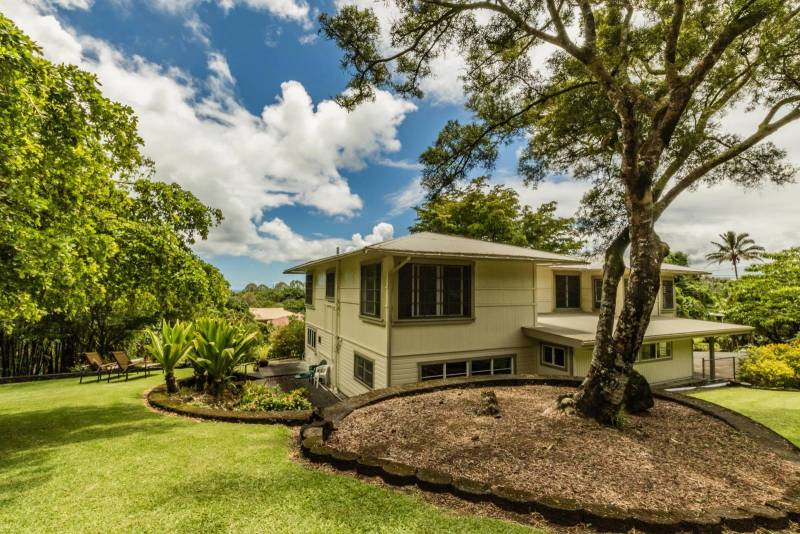For years, those of us on Hawai`i Island heard that we should prepare to transition from cesspools to septic systems with new residential construction. For the most part, homes near the ocean and those located on lots under an acre required the use of septic systems since 1992. Beginning in late 2016, all new construction requires a septic system when public sewer lines are unavailable. Although public sewer lines service portions of Hilo (and north along the highway), cesspools are still the norm.
Think About the Stink
I’m sure it’s not the first thing a buyer thinks about, but there are valid reasons why they should pay attention to how solid waste is disposed of. Sellers are required to inform buyers of past problems with their system. Additionally, the standard disclosure asks the seller for the cesspool or septic location. Sellers don’t always know. As part of the listing process, most REALTORS® in East Hawai`i request permit information, including wastewater.
While the County of Hawaii provides information about building permits, the State Department of Health maintains information regarding wastewater permits and locations. On older homes, owners were completely responsible for ensuring the State inspection was conducted. Many owners mistakenly assumed the inspection was part of the plumbing permit. The confusion resulted in spotty compliance with inspection requirements. It was entirely possible to obtain the County building final without the State required cesspool inspection.

55 Luana Way, Hilo, 96720 MLS: 631826
Procedures Have Changed
The inspection is now supposed to be integral to the building process. Fortunately, it’s normally inexpensive and simple to correct a missed inspection. For a nominal fee, licensed plumbers and some licensed contractors will obtain the necessary forms and complete the “cesspool card.” Sellers are not required to pump their systems prior to sale. They are also not required to retrofit or upgrade systems. Interestingly, I was told that wastewater inspections are not required for a sale. This is a rather misleading comment because, by extension, the implication is that neither are building permits.
Multiple Pools
While individual wastewater issues may be easy to correct, “gang” cesspools are such a confusing subject that we normally defer questions to the experts. Even then we’re likely to get conflicting answers. Buyers for dwellings with multiple living units should make a detailed inquiry regarding the wastewater system. Complying with EPA rules that have been in effect since April 2005, may require owners to immediately retrofit their system or face huge fines. It’s very difficult to sell a home that does not comply with the EPA requirements. While ohana homes, or homes with multiple living units, may not be directly under the EPA radar, compliance is still required. Visit this site or ask me for a referral to my favorite wastewater engineers.
For existing septic systems, pumping should be requested if the system has been in use for 3-5 years. I’m not sure about anyone else, but buyers I work with usually want to know that not only their home is up to snuff, but they also want some assurance that nothing “stinks” when it comes to their wastewater disposal!




Leave your opinion here. Please be nice. Your Email address will be kept private, this form is secure and we never spam you.